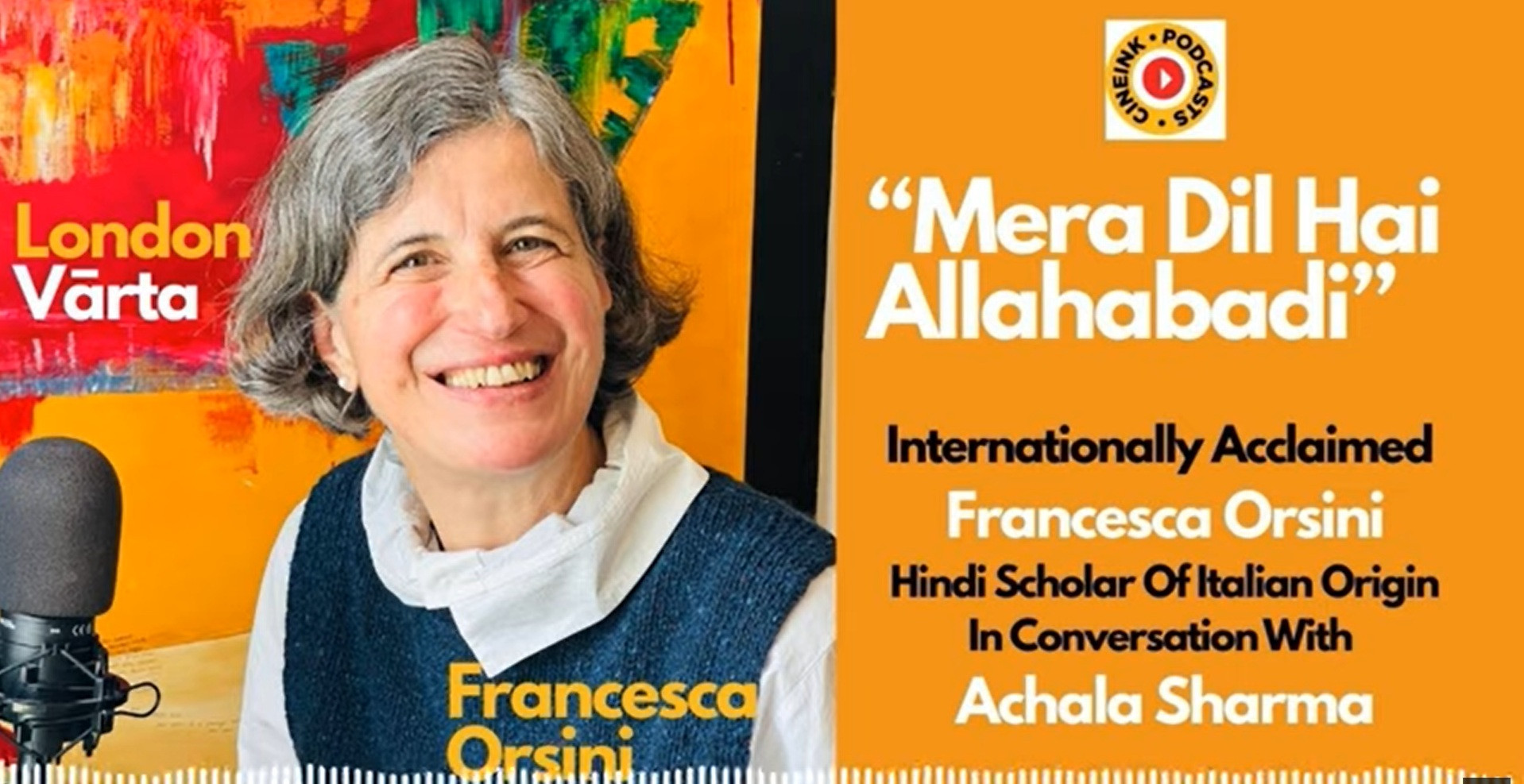When the distinguished scholar Francesca Orsini arrived at Delhi airport on October 21, 2025, she expected a routine welcome, not abrupt deportation. With a valid five-year e-visa, she was ordered to leave without explanation: a moment that vividly illustrates how contemporary India uses administrative processes to stifle academic freedom. Her removal exposes how bureaucratic procedures now serve to mask and enforce political control, transforming the landscape for intellectual inquiry.
Orsini’s deportation exemplifies a deliberate state strategy targeting intellectual dissent and plurality. Rather than an isolated case, it reflects a broader effort to restrict critical thought and dialogue in India. The choice to exclude a scholar dedicated to India’s diverse literary history demonstrates a regime’s deep discomfort with the very openness that once defined Indian scholarship.
The scholar and the significance of her work
Francesca Orsini is no stranger to India’s cultural world. She studied Hindi at Venice University, at the Central Institute of Hindi in Agra, and at Jawaharlal Nehru University. For decades, she has immersed herself in South Asian literary history. Her works—The Hindi Public Sphere, 1920–1940: Language and Literature in the Age of Nationalism and Print and Pleasure: Popular Literature and Entertaining Fictions in Colonial North India—have deeply shaped modern understanding of Hindi’s cultural and political evolution. Her research highlights the multiplicity of the Indian literary experience: the meeting of languages, registers, and publics that resists colonial and nationalist uniformity.
“I am a literary historian working primarily with Hindi and Urdu materials and interested in exploring how multilingualism worked and continues to work within the literary cultures of South Asia,” she writes about herself. The irony is painful: a scholar devoted to mapping the crosscurrents of cultural dialogue is silenced by a state that has replaced dialogue with decree.
Orsini’s work provokes by refusing purity.
Continue Reading on The Express Tribune
This preview shows approximately 15% of the article. Read the full story on the publisher's website to support quality journalism.
